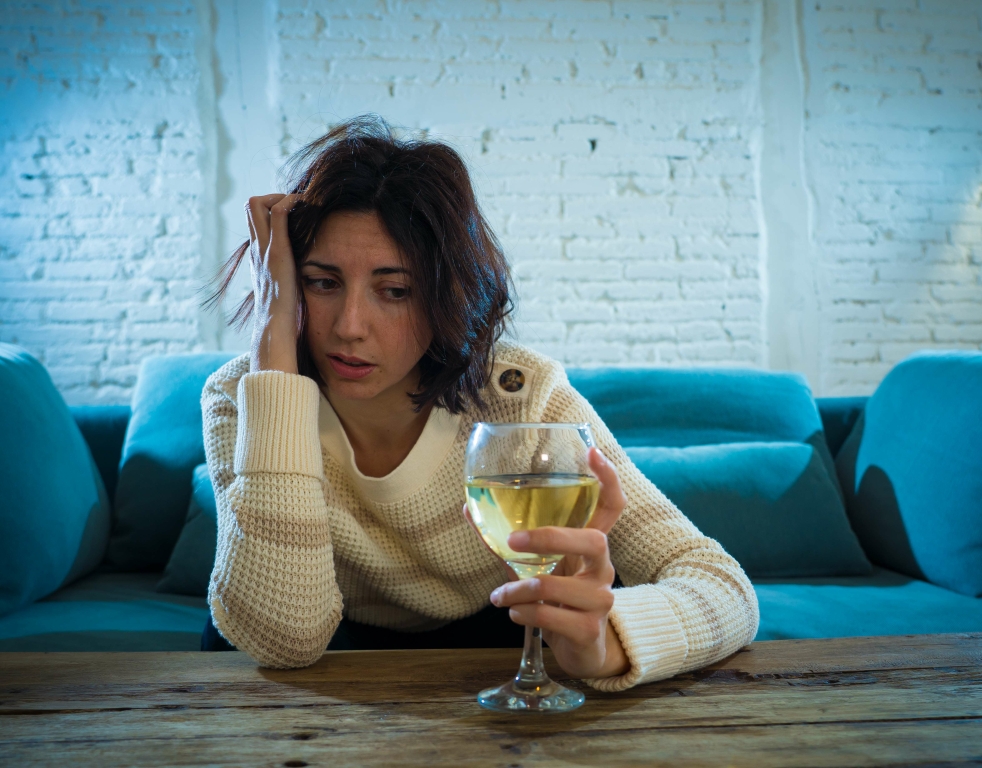While everyone may experience anxiousness from time to time, a person who has an anxiety disorder often finds their anxiety doesn’t go away and may actually get worse with, or without provocation. If you are experiencing regular panic attacks, you need to ask for support. Speaking with friends and family does alcohol cause panic attacks can help them prepare to support you when a panic attack strikes. It is also important that your seek support from your GP, who will talk you through available treatment options. Drinking is commonly used to numb anxious thoughts, and yet paradoxically alcohol can cause more panic attacks to occur.
- Addiction Resource is not a healthcare provider, nor does it claim to offer sound medical advice to anyone.
- There are short-term effects that may appear to be helpful, but there will be more damage than good for the longer term.
- While moderate consumption can be beneficial to a wide range of conditions, those with anxiety and panic attacks should steer clear of it.
- Anxiety disorder symptoms can disrupt a person’s life, making it difficult to work, participate in social events, and maintain relationships.
- When they try to stop drinking, though, they can experience serious alcohol withdrawal symptoms that should be monitored by a professional.
- So while addiction to alcohol and anxiety attacks are a thing, it may be that people with anxiety disorders are more likely to drink.
However, you can make lifestyle changes to help you reduce your anxiety as well as learn to cope with it. Eventually, dependence needs more of a substance to get the same effects. Social anxiety usually starts in your teenage years but can be triggered at any stage of life. As anyone who’s consumed alcohol knows, ethanol can directly influence brain function. Ethanol is classified as a “depressant” because it has a generally slowing effect on brain activity through activation of γ-aminobutyric acid (GABA) pathways.
Find more top doctors on
If you’re drinking more than the UK low risk drinking guidelines (no more than 14 units a week for both men and women) try to cut down. It’s safer to make gradual, small reductions (not sudden large changes).We have advice on how to take a break from alcohol, but if you’re worried you are dependent on alcohol talk to your GP surgery or contact an alcohol support service. As the initial calm feeling https://ecosoberhouse.com/article/5-stages-of-alcoholism/ fades you can feel anxiety as the effects of the alcohol wear off. Some studies on mice show that alcohol-related anxiety can last anywhere from 4 to 14 hours. Anxiety disorder symptoms can disrupt a person’s life, making it difficult to work, participate in social events, and maintain relationships. Drinkaware UK provides some useful online tools to help you to reduce your alcohol intake.
- Your heart rate and breathing would speed up as your body prepared for a life-threatening situation.
- Alcohol can lower blood sugar immediately after drinking it – but the effect may last for several hours too.
- Psychiatric and epidemiological studies show that having either an anxiety- or alcohol-related diagnosis elevates the prospective risk for developing the other disorder.
- It is important to understand that, although alcohol can trigger anxious feelings, it is more likely that anxiety triggers excessive drinking.
- If you automatically reach for alcohol as soon as you notice the impending symptoms of a panic attack, you may believe that this substance calms you down and prevents you from spiralling.
- Although panic attacks themselves aren’t life-threatening, they can be frightening and significantly affect your quality of life.
This can help to show you if your anxiety gets worse when you drink alcohol. In small amounts, alcohol can increase your levels of a neurotransmitter called GABA. Neurotransmitters are chemical messengers which have different effects on the body. GABA has a relaxing effect on the brain, which is why having an alcoholic drink can make you feel temporarily relaxed. But, if you drink a lot you can reduce your levels of GABA, causing an increase in anxiety. At this type of clinic you will undergo detox (if needed) and engage with a therapist who will listen to you and help you develop the skills you need to stay sober.
Alcohol Induced Panic Attacks: What Are They and Can You Stop Them?
If you have any concern that our content is inaccurate or it should be updated, please let our team know at [email protected]. Addiction Resource does not offer medical diagnosis, treatment, or advice. Only trained and licensed medical professionals can provide such services.

